Entry Type: Group
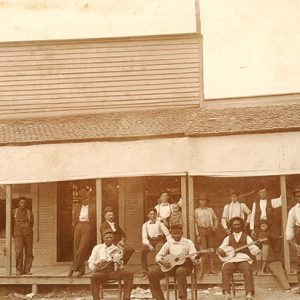 African-American Band
African-American Band
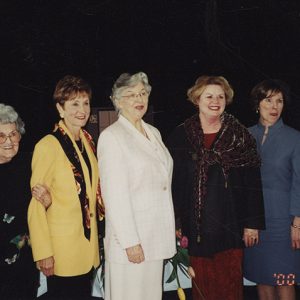 Eliza Ashley with Governors' Wives
Eliza Ashley with Governors' Wives
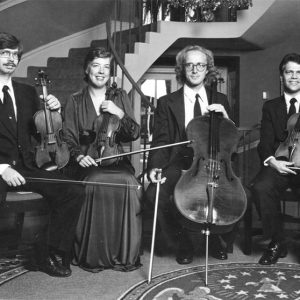 ASO String Quartet
ASO String Quartet
Assemblies of God
Associate Reformed Presbyterians
Association of Arkansas Counties (AAC)
Association of Community Organizations for Reform Now (ACORN)
aka: ACORN
Association of Southern Women for the Prevention of Lynching
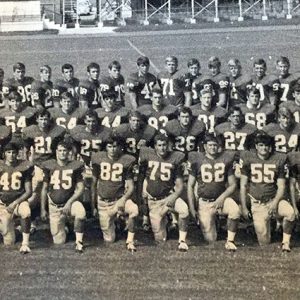 1970 ASU Football Team
1970 ASU Football Team
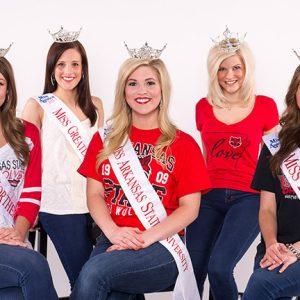 ASU Miss Arkansas Contestants
ASU Miss Arkansas Contestants
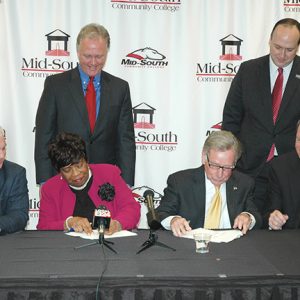 ASU-MSCC Merger
ASU-MSCC Merger
ATA Martial Arts
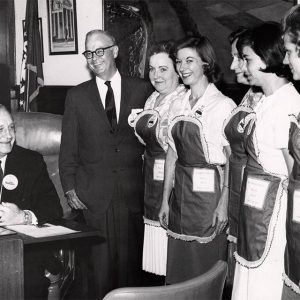 Atkins Staff
Atkins Staff
Audubon Arkansas
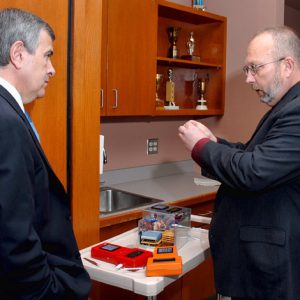 Avian Flu Discussion
Avian Flu Discussion
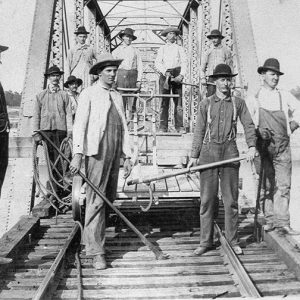 B&B Gang
B&B Gang
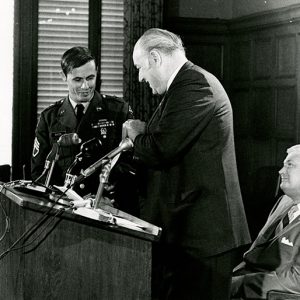 Bacon, Rockefeller, and Britt
Bacon, Rockefeller, and Britt
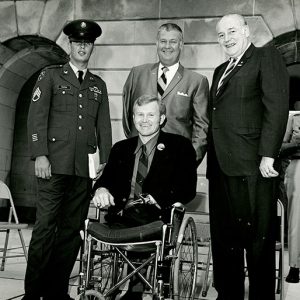 Bacon, Colley, Britt, and Rockefeller
Bacon, Colley, Britt, and Rockefeller
Bagley-Ridgeway Feud
Bahá’ís
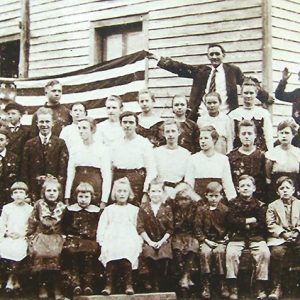 Bailey School
Bailey School
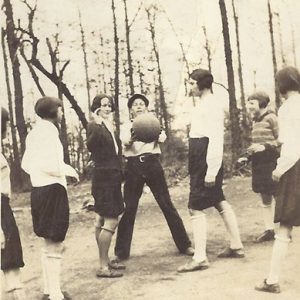 Baker School Students
Baker School Students
Ballet Arkansas
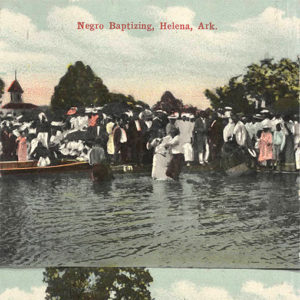 Baptisms
Baptisms
Baptists
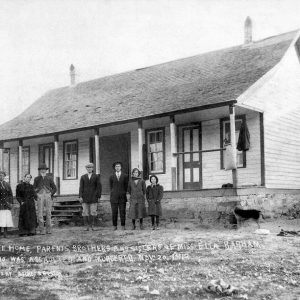 Barham Family
Barham Family
Barker-Karpis Gang
aka: Ma Barker Gang
Baseball Players, Major League
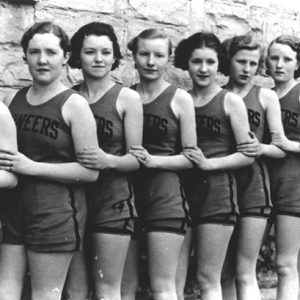 Batesville Pioneers
Batesville Pioneers
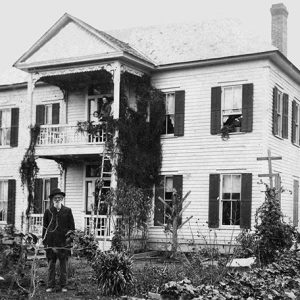 Sim Bateman
Sim Bateman
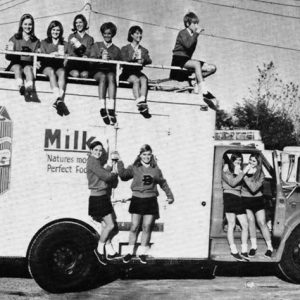 Batesville Dairy Truck and Cheerleaders
Batesville Dairy Truck and Cheerleaders
Battery E, Second U.S. Colored Artillery (Light)
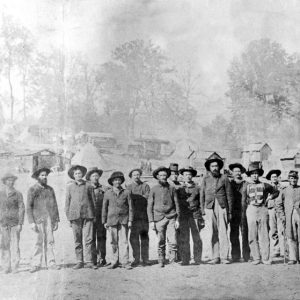 Battle of Arkansas Post Troops
Battle of Arkansas Post Troops
Baxter County Historical and Genealogical Society
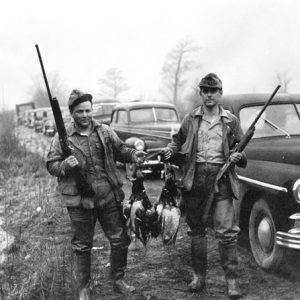 Bayou Meto Duck Hunters
Bayou Meto Duck Hunters
 Bazooka and Machine Gun
Bazooka and Machine Gun
Bean’s Rangers
 The Beatles
The Beatles
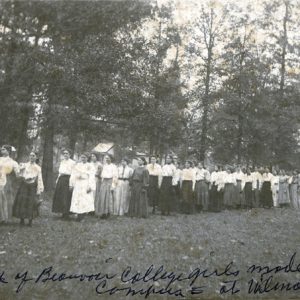 Beauvoir College Students
Beauvoir College Students
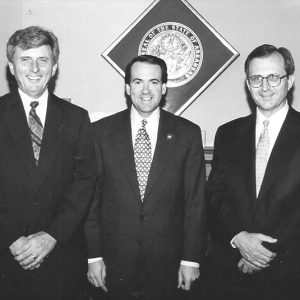 Beebe, Huckabee, and Bradbury
Beebe, Huckabee, and Bradbury
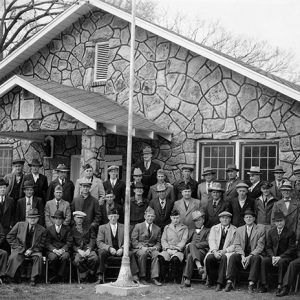 Beely-Johnson American Legion Members
Beely-Johnson American Legion Members
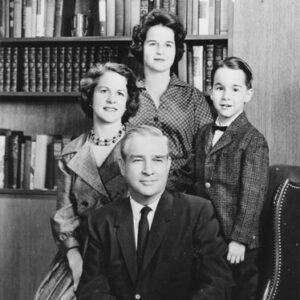 Bruce Bennett
Bruce Bennett
Benton County Historical Society
 Thomas Hart Benton and Daughter
Thomas Hart Benton and Daughter
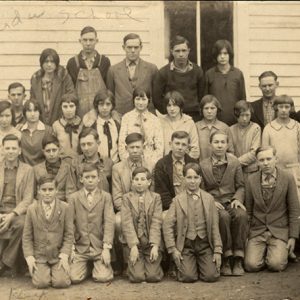 Bethesda School
Bethesda School
 Ed Bethune and Voters
Ed Bethune and Voters
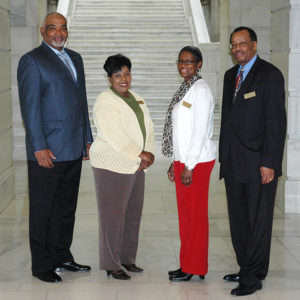 BHCA Commissioners
BHCA Commissioners
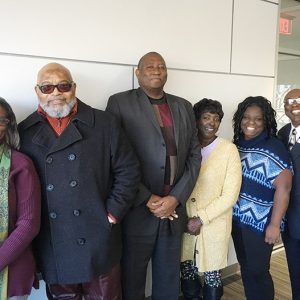 BHCA Commissioners
BHCA Commissioners




